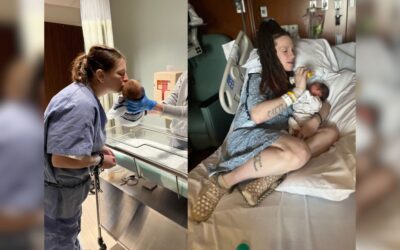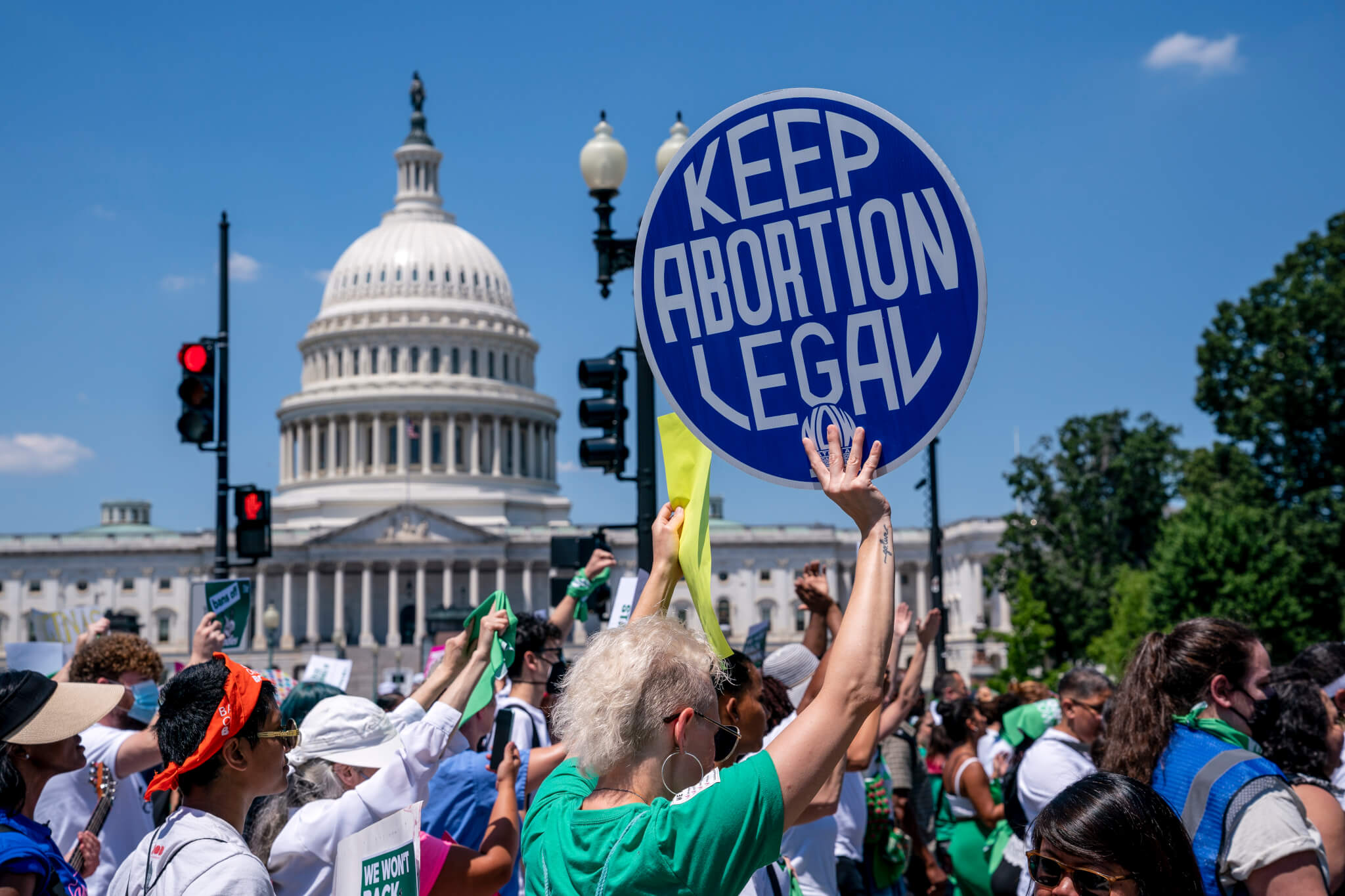
Abortion-rights activists demonstrate against the Supreme Court decision to overturn Roe v. Wade that established a constitutional right to abortion, on Capitol Hill in Washington, Thursday, June 30, 2022. (AP Photo/J. Scott Applewhite)
While restricting or outright eliminating reproductive rights has emerged as a top priority for Virginia Republicans in 2023’s legislative session, state Democrats and several advocacy organizations have made protecting and advancing those rights their priority.
Last week, Democrats in the state Senate defeated three GOP-sponsored abortion ban bills: Senate Bill 1385, which would have imposed a ban on abortion after 15 weeks, Senate Bill 1483, which would have banned abortion after 24 weeks, and Senate Bill 1284, which would have instituted a total abortion ban except in severe circumstances like rape or incest.
Jamie Lockhart, Executive Director of Planned Parenthood Advocates of Virginia, said that these bills are “incorrect in that they take away the power of the people to make decisions about their own bodies, lives, and futures.”
State Sen. Jennifer McClellan, who has introduced an amendment to the state constitution (SJ 255) to establish the fundamental right to reproductive freedom, said in a statement that by defeating these bills, “the Senate of Virginia affirmed that decisions about whether and when to terminate a pregnancy should be between patients and their providers, not politicians.”
McClellan also said that while abortion remains legal in the state of Virginia, and that “tremendous progress” has been made in recent years regarding reproductive freedom, such as the passage of the Reproductive Health Protection Act, “Virginia will not turn back now.”
“This session, we will continue to expand those protections, by advancing a constitutional amendment to guarantee reproductive freedom for generations to come,” she said.
The proposed constitutional amendment, in addition to protecting the right to reproductive freedom, including abortion care, would protect against interference or discrimination in care. It would also protect against the criminalization of pregnancy status and outcomes and protect providers from punishment.
The Virginia Reproductive Equity Alliance released a statement earlier this month detailing the benefits of adding this amendment to the state’s constitution but also noted that this process is a multi-year effort; any amendment to Virginia’s constitution must pass the General Assembly two years in a row with an intervening House election before letting the voters decide. Still, organizations within the alliance, such as the Latina Institute for Reproductive Justice Virginia and REPRO Rising Virginia, say that this amendment is one of their top priorities.
“We support this legislation because we know that historically marginalized groups have always lacked access, or have had disproportionate access, to health care in general, but also reproductive health care,” Khenia Haro-Perez, a policy advocate with the Latina Institute said. “This (the amendment) would simply allow us the ability to work within our state without constantly fielding anti-attacks, abortion bans, and other oppositional legislation.”
Haro-Perez went on to say that abortion bans fall hardest on Black and brown people “who may work multiple jobs that provide no sick days or insurance coverage, and who may live in underserved communities.”
“They don’t have the time or the money to travel to another state to access abortion care,” she said. “Any attack on abortion is not just racist, but it will also continue to diminish that access.”
Tarina Keene, executive director of REPRO Rising, said that her organization is aware that adding this amendment to Virginia’s Constitution could be “an uphill battle.” As she pointed out, Virginia was not one of the states that had a trigger law go into effect banning abortion after the overturning of Roe v. Wade last year, but the commonwealth also didn’t have any law in place protecting the practice from political whims. With this amendment, Keene’s organization and fellow supporters hope to fix that.
“We’re confident that if we can get this constitutional amendment on the ballot, that Virginians will vote overwhelmingly to support these protections,” Keene said.
Beyond the amendment, organizations such as Planned Parenthood Advocates of Virginia, the Latina Institute for Reproductive Justice Virginia, and REPRO Rising Virginia are working year round to help ensure that Virginians have access to the appropriate reproductive health care.
Lockhart highlighted Planned Parenthood Generation Action, which is operating on over a dozen campuses in Virginia alone. This is a network of young activists across the country who organize events at their colleges and universities and in their communities to raise awareness about reproductive and sexual health and mobilize advocates for reproductive freedom.
Keene spoke about Practi-Cab, a service that REPRO Rising offers that provides transportation to and from clinics when allied organizations reach out in need of assistance. She says that over 200 people are currently working as volunteers through this service; they are given background checks and trained to ensure they’re making the abortion process easier for those seeking them.
Haro-Perez said that the Latina Institute works in communities across the commonwealth “to help folks understand what’s at stake when it comes to reproductive rights and health care access.”
“We want to help them understand the process of getting involved and help to make sure that they know how to tell their own personal stories,” she said. “We know that telling those stories is really key in changing hearts and minds, especially when it comes to abortion care.”
And finally, another piece of legislation that the Virginia Reproductive Equity Alliance is in support of is the Contraceptive Equity Act, which would make birth control more accessible to low income individuals. As Haro-Perez pointed out, people use birth control for more than just contraception, such as for pain relief from endometriosis.
The Planned Parenthood Advocates of Virginia is hosting a Lobby Day on Jan. 26 at the state Capitol to speak with legislators about sexual and reproductive health, and to attempt to push the proposed amendment forward. Earlier this week, REPRO Rising hosted a similar Lobby Day doing just that.
Gov. Glenn Youngkin has proposed a ban on abortion after 15 weeks of pregnancy. Republican Del. Kathy Byron has introduced the bill in the House of Delegates, which would make it a felony for doctors to perform abortions after that point. Republican Sen. Amanda Chase introduced a measure that would establish that life begins at conception. And House Bill 1488, House Bill 1795, and House Bill 1395 all seek to in some way limit, eliminate, or criminalize abortion as well, and were all introduced by Republican lawmakers.

Virginia lawmakers warn—contraception fight is far from over as Trump officials push to destroy $10M supply
Planned Parenthood’s “Bros for Repro” delegates say federal attacks on birth control could foreshadow risks for Virginians. Virginia lawmakers say...
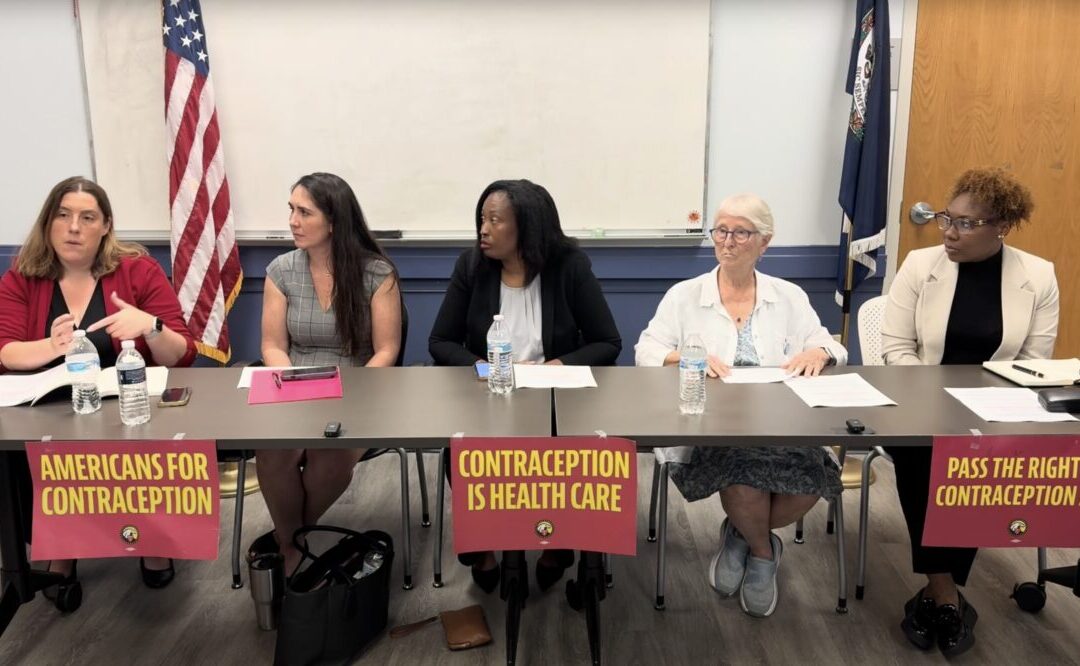
At a Virginia roundtable, advocates warn contraception rights are at risk
The event spotlighted Virginia’s stalled Right to Contraception Act and the broader fight against policies that could strip thousands of Virginians...

In her own words: Why this Texas physician now helps women in Virginia
Dr. Lou Rubino is just one of many physicians who’ve left Texas as a result of the state’s multiple abortion bans—laws that prevent doctors from...
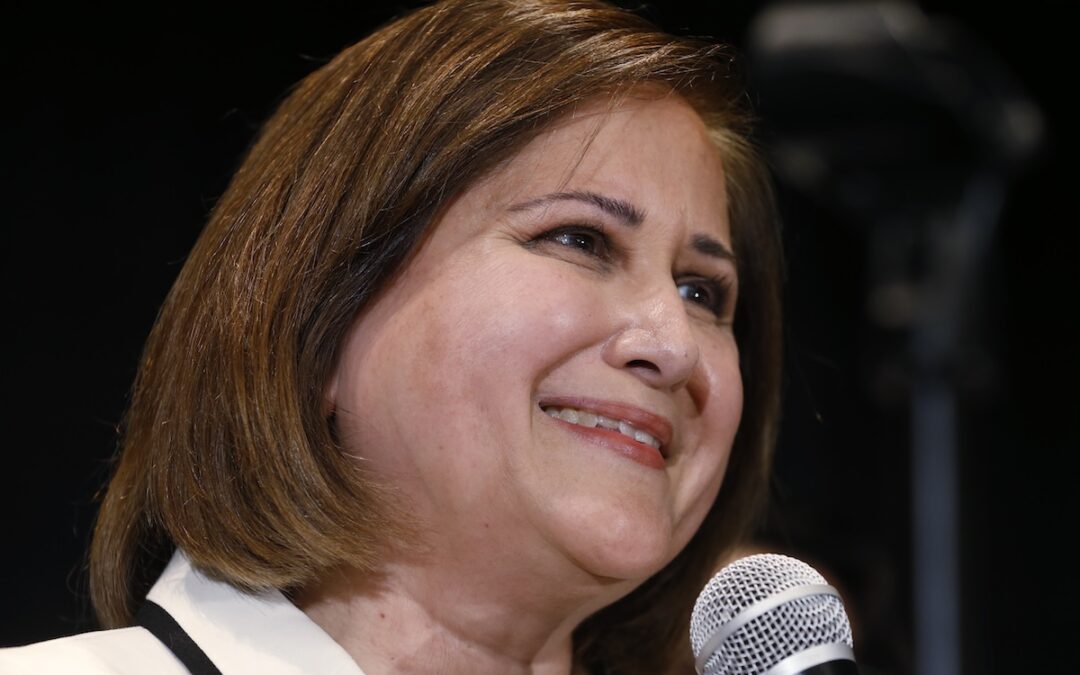
Ghazala Hashmi speaks out: ‘I’m so thankful my doctor could save my life’
The Democrat running for lieutenant governor of Virginia reveals she had two dangerous miscarriages—and pledges to protect reproductive rights for...
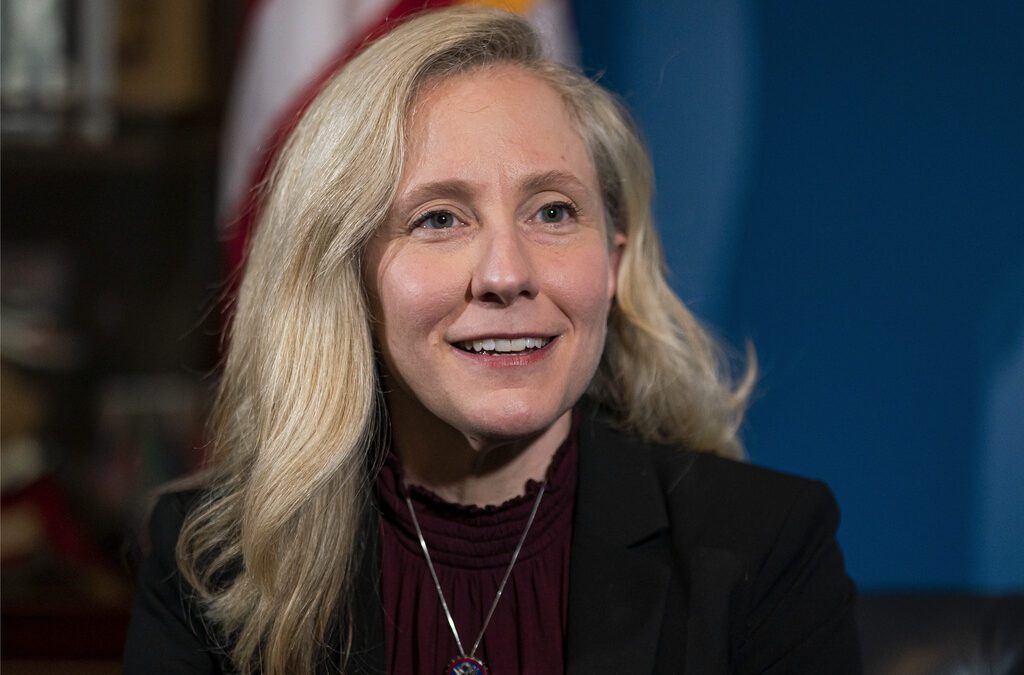
Spanberger makes reproductive rights a cornerstone of her run for governor
She's pledging to defend contraception access and expand abortion protections. Virginians got to learn a little more about the Democrat running for...
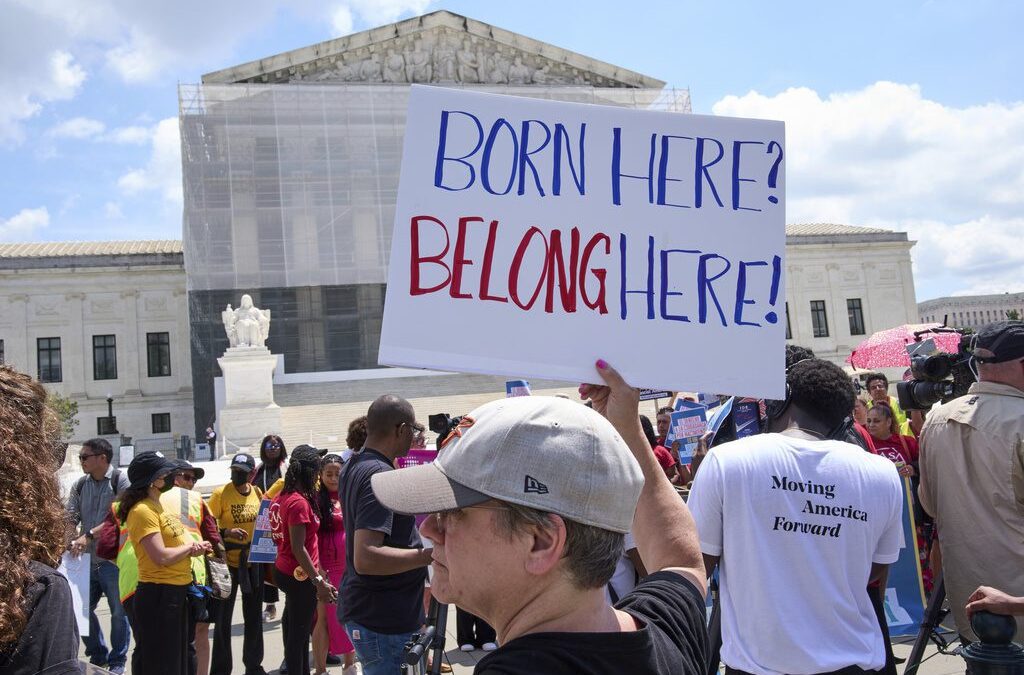
Supreme Court limits nationwide injunctions, but fate of Trump birthright citizenship order unclear
WASHINGTON (AP) — A divided Supreme Court on Friday ruled that individual judges lack the authority to grant nationwide injunctions, but the...



